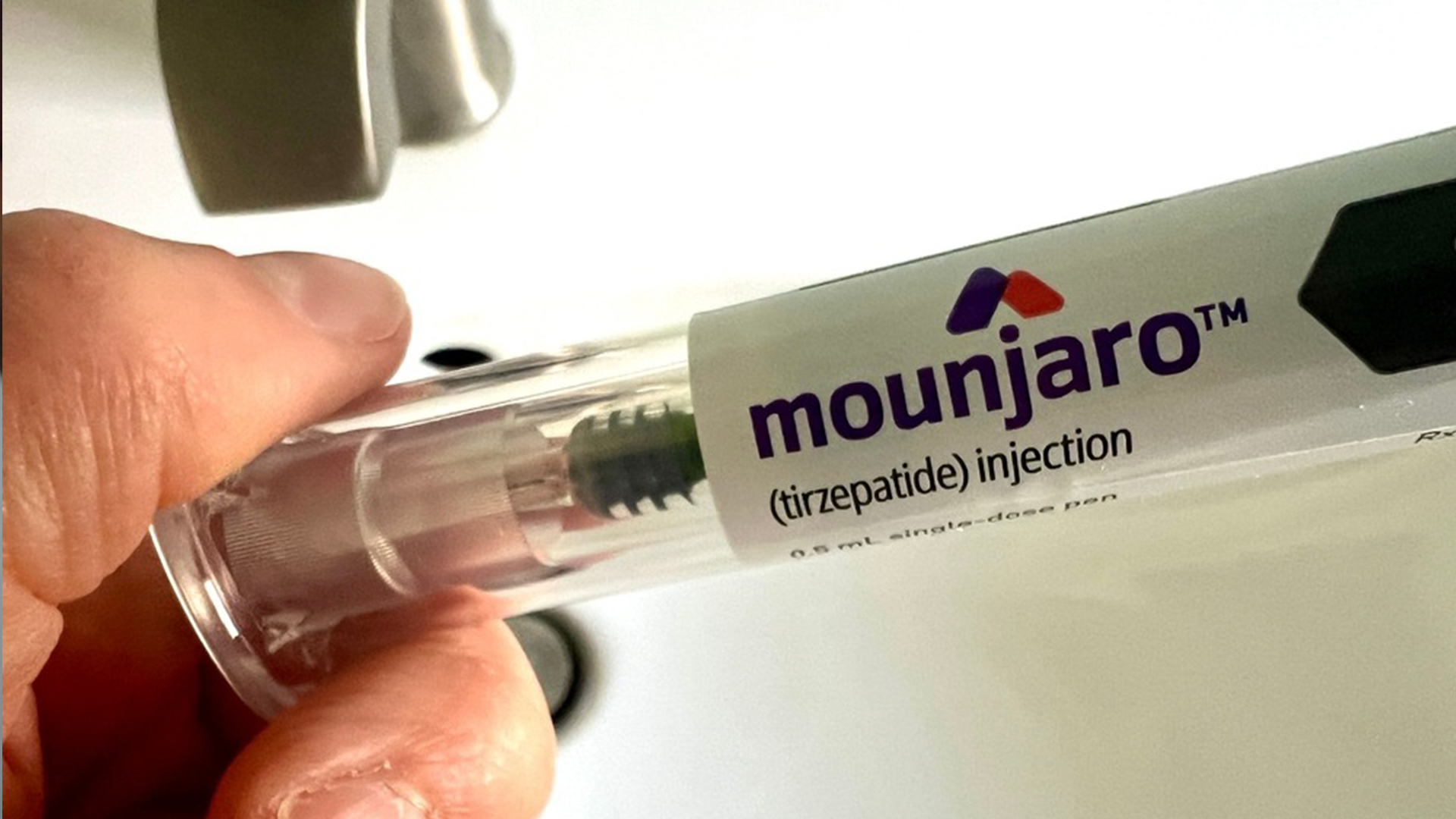
Mounjaro, also known as tirzepatide, has given many hopes for the better management of weight loss and improvement in metabolic health. In fact, Mounjaro was originally made to treat type 2 diabetes but because of its action on the reduction of hunger and control of energy, it has become a well-known medication for weight loss. Just like any medication, you will find out what possible side effects Mounjaro causes, especially if you’re taking it to become slender.
How Does Mounjaro Work?
Mounjaro operates by duplicating the two major hormones in our body, GLP-1 and GIP, that are responsible for controlling blood sugar as well as hunger. Because these hormones have been activated, insulin is produced more while glucagon secretion is reduced as well as digestion slows down. All three of these effects allow someone to stay fuller for longer as they take in fewer calories on average. This is the reason many users experience extensive weight loss along with controlled glucose levels.

Common Side Effects for Mounjaro Include:
Mounjaro is pretty strong, though not usually the side effect issues are a big problem. Here are some of the most common side effects to Mounjaro.
- Gastrointestinal Disorders: Nausea, vomiting, and diarrhea were some of the most commonly reported side effects experienced in conjunction with Mounjaro. Because the medication delays gastric motility, the drug can cause excessive tension on the gastrointestinal tract system, hence causing pain. Starting with a small dosage and gradually titrating to a larger dose has had the body adjust gradually to the medication.
- Adequate Suppression of Appetite and Altered Taste: Many patients on Mounjaro experience attenuation in appetite, that is one of the reasons that it leads to weight loss. Others also report an altered taste in that foods do not seem so appetizing or have a different taste. Although this may be helpful in reducing calorie intake, this can lead to nutritional complications when healthy foods are no longer found appetizing.
- Dizziness and Fatigue: Most users of Mounjaro feel dizzy and fatigued as they begin taking the medication. These side effects are probably related to changes in blood sugar as the body gets used to the drug. This may be managed by keeping well-hydrated, consuming small, balanced meals, and minimizing high sugar intake.
Severe Side Effects of Mounjaro
Though very rare, the patient will suffer from grave complications that may require emergency treatment for Mounjaro.
- Pancreatitis: Use of Mounjaro causes pancreas inflammation. Typically, there could be acute pains in abdomen; nausea, vomiting, high fever. The use of this needs to be ceased, and the physician should be consulted at an earliest.
- Gallbladder Disease: Mounjaro treatment could be prolonged, and some of the conditions that might come with this include inflammation or gallstones of the gallbladder. Some presentations include a burning sensation either across the right or the upper stomach, chills, nausea, vomiting, and temperature. Lastly, the patient also needs to pay attention to any symptoms or body changes as he/she is being prepared for signs that the patient may present while earlier experienced symptoms from disorders in the gallbladder.
- Thyroid Tumors: Though these are rare, studies reveal that drugs like Mounjaro increase the chance of forming thyroid tumors. Patients are required to talk about thyroid cancer in the family’s medical history with their doctors before starting on Mounjaro.
Keep the Side Effect Control and Safety in Check
In most cases, side effects from Mounjaro can be manageable through simple, practical means. The side effects usually seem worse when you start with the drug, though they will still occur after prolonged use. Here’s some advice for making this transition as smooth as possible:
- Take It Slow: Use the smallest dose suggested, allowing your body to ease into it so that chances of getting diarrhea or having other stomach issues are significantly lower.
- Hydrate Yourself: The more hydrated you are, the more unlikely you will be dizzy, and if you start to feel fatigue, just remember that a little drink is sure to get it working again.
- Monitor Symptoms: Any new or unusual symptoms can be monitored and discussed with the healthcare provider if they persist.
- Eat Small Meals: Small, frequent meals help regulate blood sugar and prevent nausea.
Is Mounjaro Right for You?
Mounjaro is a very effective drug for weight loss and metabolic health, especially for those who could not see results with lifestyle changes alone. However, weighing the benefits against the side effects of Mounjaro is important. A healthcare professional will ensure that Mounjaro is in line with your overall health goals, lifestyle, and any medical conditions.
For those who are interested in safe weight loss, knowledge about the Mounjaro process and its possible adverse side effects would form the nucleus for making a fully enlightened choice. Keeping them on one’s mind is actually beneficial in making most benefits out of Mounjaro while causing little irritation or harm to yourself.
FAQs
What is Mounjaro for?
Mounjaro treats type 2 diabetes and supports weight loss.
How does it aid weight loss?
It reduces appetite by mimicking hormones that promote fullness.






